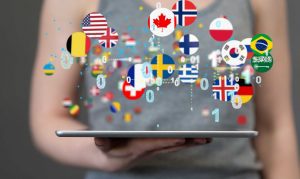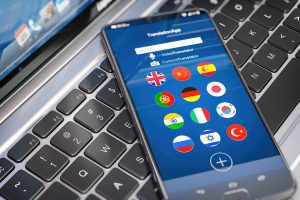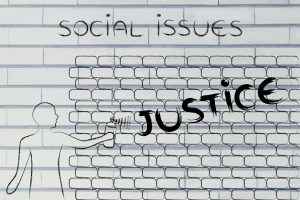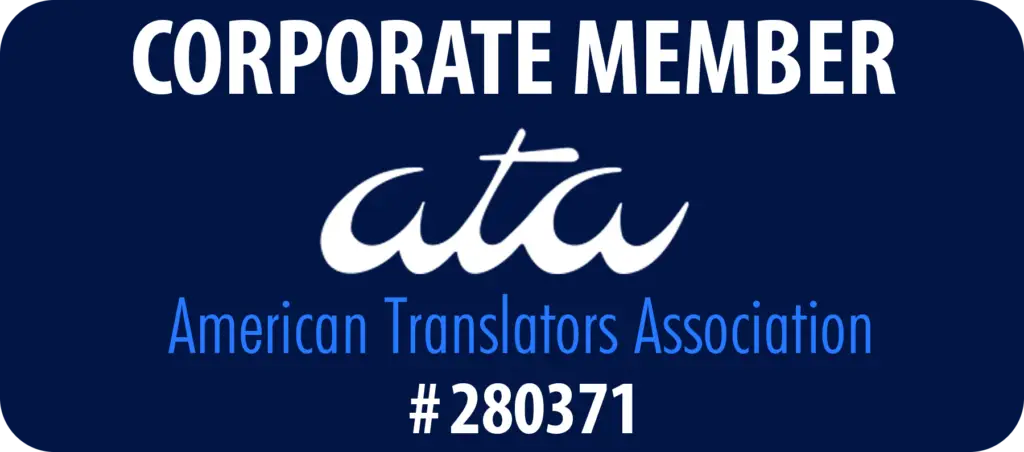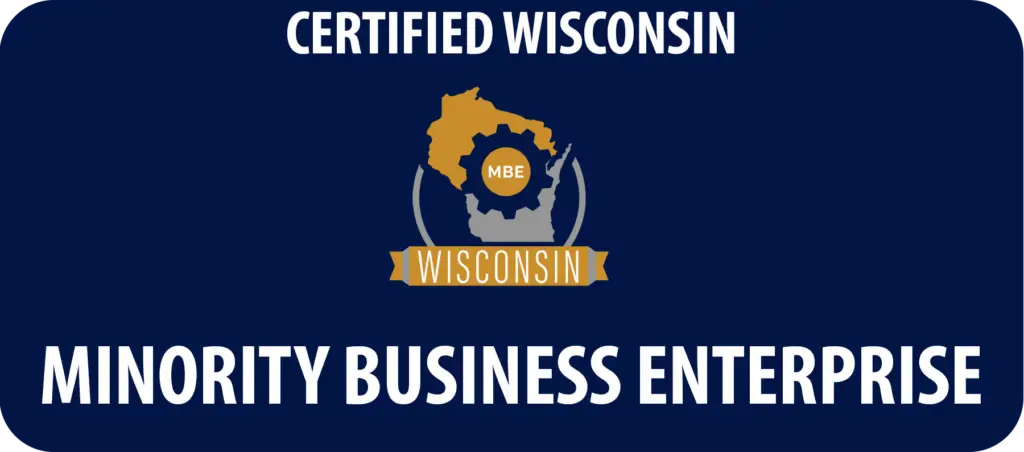In a world where language acts as a gateway to accessing rights, services, and opportunities, language barriers can pose significant challenges for individuals with limited proficiency in the dominant language. Language rights, a fundamental aspect of human rights, ensure that everyone has equal access to essential services, regardless of their language background. Bylyngo Interpreting and Translation recognizes the indispensable role of interpreters in upholding language rights and facilitating effective communication for individuals who face language barriers.
Language Rights: A Pillar of Human Rights
Language rights encompass the right to use one’s language, access services in one’s language, and receive information in a language understood by the individual. Upholding language rights ensures equitable access to justice, healthcare, education, employment, and civic participation for all individuals, irrespective of their language proficiency.
The Challenges of Language Barriers
Language barriers can significantly impede an individual’s ability to communicate effectively, understand information, and access essential services. In legal settings, lack of language access can undermine due process and fair representation. Similarly, in healthcare, miscommunication due to language barriers can compromise patient safety and healthcare outcomes.
Interpreters: Guardians of Language Rights
Interpreters play a pivotal role in safeguarding language rights by facilitating communication between individuals who speak different languages. They act as bridges, conveying spoken communication accurately and in real-time, ensuring that individuals with limited language proficiency can effectively participate and comprehend crucial information.
Ensuring Access to Justice
In legal settings, interpreters ensure that individuals have equal access to justice by enabling effective communication with legal authorities, attorneys, and court proceedings. They support fair trials and legal representation for individuals with limited English proficiency, ensuring that language does not become a barrier to justice.
Promoting Equitable Healthcare Access
In healthcare, interpreters facilitate communication between healthcare providers and patients, ensuring that individuals receive accurate diagnoses, comprehend medical instructions, and make informed healthcare decisions. Interpreters enhance patient-provider communication, improving healthcare access and outcomes for diverse communities.
Bridging Educational Language Gaps
Interpreters also play a vital role in educational settings, ensuring that students with limited proficiency in the language of instruction can access quality education. They facilitate communication between teachers, students, and parents, contributing to an inclusive learning environment that fosters educational equity.
Bylyngo’s Commitment to Language Rights
At Bylyngo Interpreting and Translation, we recognize the importance of language rights and the critical role interpreters play in upholding these rights. Our team of professional interpreters undergoes rigorous training and possesses linguistic expertise and cultural competence to ensure accurate and sensitive interpretation.
Navigating Ethical Challenges
Interpreters face ethical challenges, such as maintaining confidentiality, impartiality, and cultural neutrality, while providing interpretation services. Bylyngo’s interpreters adhere to a strict code of ethics, ensuring professionalism, confidentiality, and accuracy in their interpretation.
Advocating for Inclusive Communication
Bylyngo Interpreting and Translation advocates for inclusive communication practices that prioritize language rights. We collaborate with organizations, institutions, and government bodies to raise awareness about the importance of language access and the pivotal role of interpreters in upholding language rights.
Conclusion: Empowering Through Language Access
In conclusion, language rights are an integral component of human rights, ensuring that every individual can access essential services and exercise their rights without facing linguistic barriers. Interpreters stand as guardians of language rights, enabling effective communication and access to justice, healthcare, education, and other vital services.
At Bylyngo, we champion language rights by providing exceptional interpretation services that uphold accuracy, cultural sensitivity, and confidentiality. Together, let’s recognize the invaluable contribution of interpreters in upholding language rights and fostering a world where language is not a barrier but a bridge to equitable communication and access to rights for all individuals.




